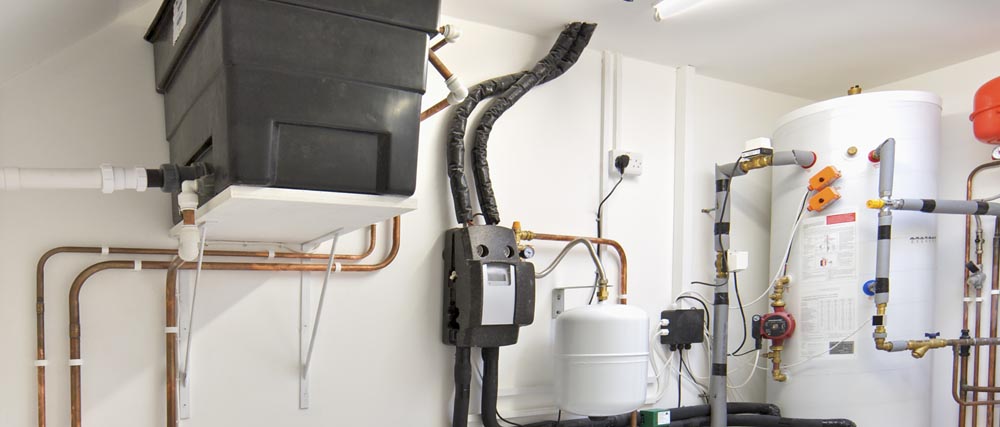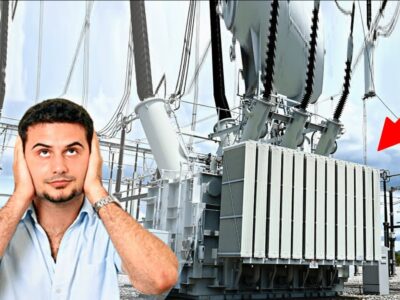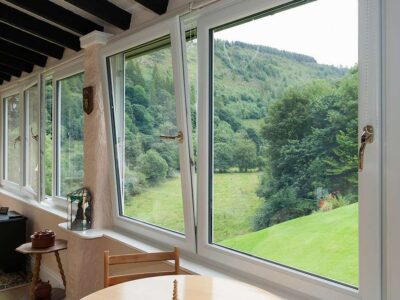
Utilities are the most important and most used systems in our homes. Utilities help us through our daily lives, from powering up our homes to and keeping the temperature right where we need it to be. Modern conveniences like air conditioning and hot water get us through a number of tasks without a hitch and enhance our quality of life.
We commonly know utilities as the things we use daily, like electricity, water, HVAC, gas, phone services, and the internet. We cannot go on with our day-to-day lives without these things. These utilities are managed by companies or the government and are considered regulated public services. Among all these, heaters and hot water systems are some of the most essential, and it is imperative to have them occasionally maintained to prevent problems. Heaters with tanks usually last a long time, but problems may arise if you don’t check the unit for a while.
Water heating systems in homes not only supply hot water on faucets and baths, but they can also be used to regulate your home’s temperature. Here are the different types of water heating systems found in homes:
Conventional Storage
The conventional storage water heater is a popular water heating system because it offers a water heater reservoir, which is adequate for small families. Conventional storage water heaters have a tank where the water collects and is heated by fuels – either by fuel oil, natural gas, propane, or electricity. Water is continuously heated in the tank but is prone to standby heat loss when the tap is not in use. Some models have heavily insulated tanks to reduce heat loss and operating costs significantly.
Tankless or Demand-Type
Tankless or demand-type water heaters are gaining recognition because of how fast they heat water whenever you need it. It does not require too much space as much as the conventional and heat pump. You only need a little space where electrical and water inputs can be connected to it. However, tankless water heaters may not be able to supply large quantities of hot water at the same time. But most owners find it efficient to have tankless heaters installed parallel or separately to meet the demands of the household.
Heat Pump
Another option for water heating is a heat pump, which uses electricity to move heat from one place to another. The heat pump is more energy-efficient than conventional storage because it draws heat from the air. Heat pumps do not operate well on cold temperatures and are best placed in spaces with excess heat.
Solar
More and more homeowners are opting to go solar when they get a hot water heater replacement, especially in areas with high solar gain like Salt Lake City. A solar water heater generates hot water through photovoltaics, which can be cost-effective. This system includes insulated storage tanks where the water is heated and solar collectors to heat the water. Solar heating systems almost always require backup systems such as conventional storage water heaters. Backups may be necessary when days are cloudy or when there is an increased demand for hot water. Some homeowners
These different water heaters can offer different heating solutions depending on the needs of the household. Choosing the right water heater can also save homeowners in the long run.













